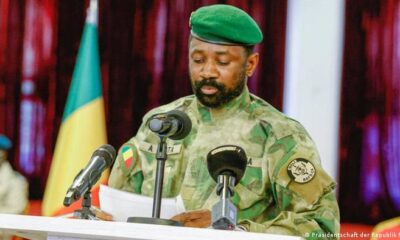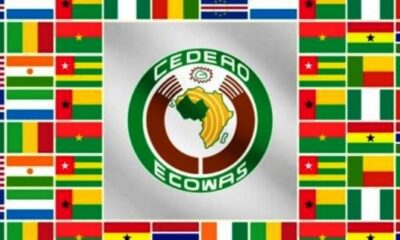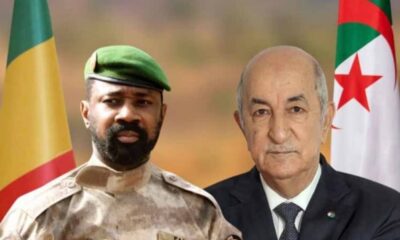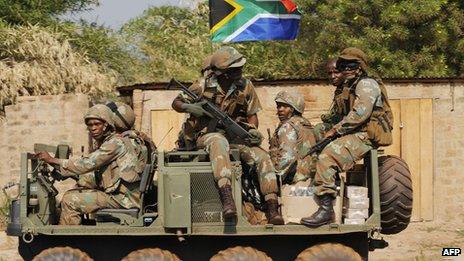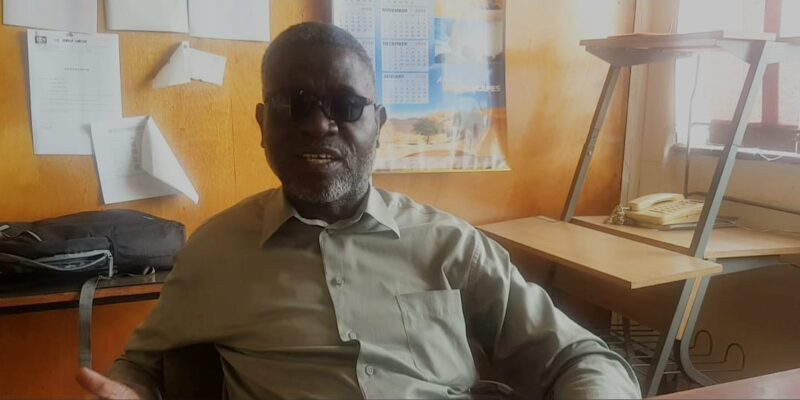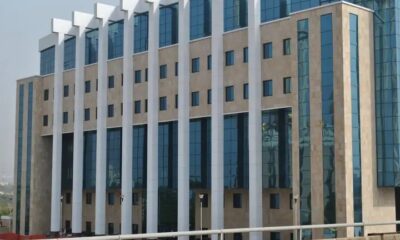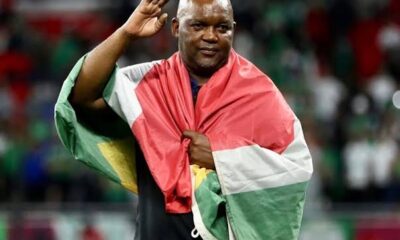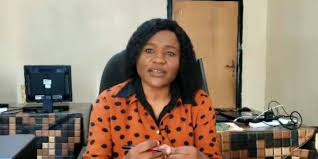Copperbelt businessman and mining policy advocate, George Jere, has highlighted the importance of self-regulation in the expanding digital media landscape, countering arguments against freedom of speech.
In an exclusive discussion with Zambia Monitor, Jere challenged notions surrounding media freedom and digital rights, emphasizing the indispensable role of effective media instruments in national progress.
“Digital media’s unrestricted nature facilitates publishing, although tracking those behind it poses challenges for government intervention,” Jere remarked, advocating for self-regulation as a preferable alternative to government restrictions.
He stressed the need for a balanced approach between private and public media operations, criticizing the high level of censorship in public media channels.
“While cyber security laws fall short, self-regulation offers a more effective solution for managing digital platforms,” Jere asserted, expressing disappointment in the government’s failure to enact comprehensive media reforms.
Jere cautioned against subjective regulations aimed at suppressing dissenting voices, urging authorities to reconsider laws through inclusive consultations.
“Media freedom should extend to all, including rural communities, chiefs, and church leaders, across traditional, social, and digital platforms,” he emphasized.
Reflecting on public media governance, Jere noted its tendency to align with ruling interests, calling for fairer recruitment processes for media executives to ensure unbiased coverage.
Regarding proposed taxes on online livestream programmes, Jere questioned the necessity of double taxation, suggesting negotiation of percentage-based levies to support domestic resource mobilization without unfairly targeting individuals.
As debates on freedom of speech and media regulation continue, Jere remained steadfast in advocating for inclusive, balanced media practices to foster national development.
This story is sponsored content from Zambia Monitor’s Project Aliyense.

 Tech2 days ago
Tech2 days ago
 Culture2 days ago
Culture2 days ago
 Culture19 hours ago
Culture19 hours ago
 Tech18 hours ago
Tech18 hours ago


